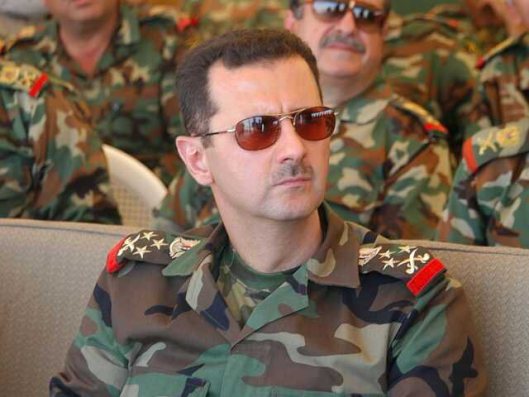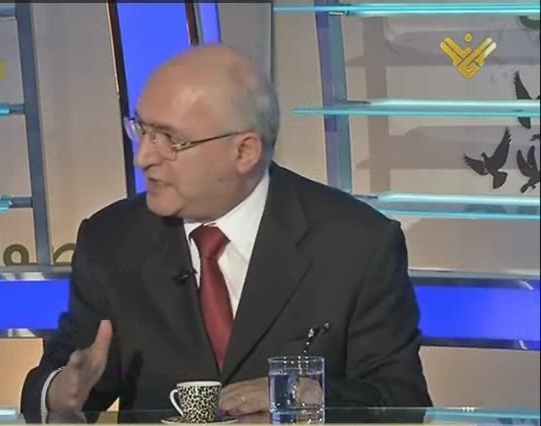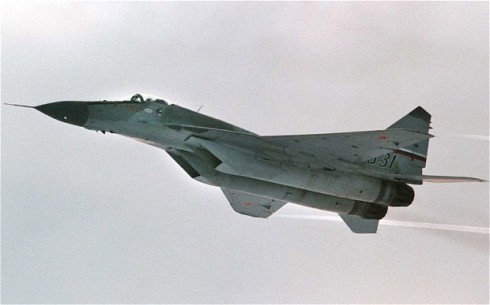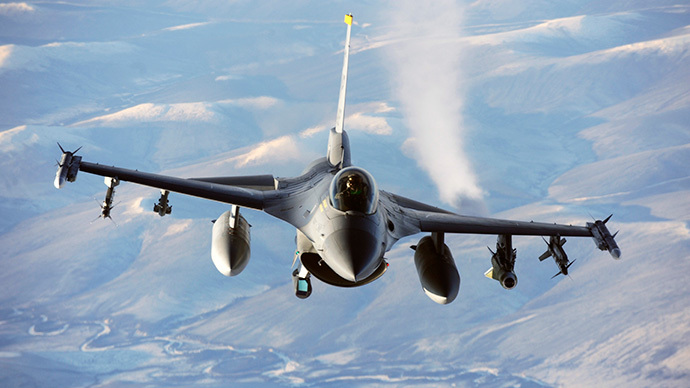The United States and its Western as well as regional allies are still attempting to deny the fact that the situation in Syria has drastically changed as its coalition failed to defeat the state and the regular army
Mohamed Salami The United States and its Western as well as regional allies are still attempting to deny the fact that the situation in Syria has drastically changed as its coalition failed to defeat the state and the regular army whose battlefield victories forced the West to join its counterterrorism campaign.
The United States and its Western as well as regional allies are still attempting to deny the fact that the situation in Syria has drastically changed as its coalition failed to defeat the state and the regular army whose battlefield victories forced the West to join its counterterrorism campaign.
In September 2013, the world and the region were on the verge of a US atrocious war against Syria. President Barack Obama's administration was befuddled by the Syrian army's battlefield achievements, so it decided to back the terrorist groups in order to involve all the parties in a political process. In fact, all the parties of the axis of resistance were targeted.
The Iranian and Russian statements at that time represented a bold response to the US threats.
In  an interview with Al-Manar Website, the editor-in-chief of Al-Binaa local daily and former MP Nasser Kandil revealed that clear messages were sent from Tehran and Moscow to Washington that as US rockets target Syria, the axis of resistance's rockets will be launched onto the Zionist entity, US military bases in the Middle East and onto the countries which support them.
an interview with Al-Manar Website, the editor-in-chief of Al-Binaa local daily and former MP Nasser Kandil revealed that clear messages were sent from Tehran and Moscow to Washington that as US rockets target Syria, the axis of resistance's rockets will be launched onto the Zionist entity, US military bases in the Middle East and onto the countries which support them.
Despite the counter threats, the US was not deterred. Media reports asserted that the US war on Syria had started yet ended the moment two ballistic missiles were fired.
"The US forces fired these two rockets from a NATO base in Spain, and were instantly detected by the Russian radars and confronted by the Russian defense systems, so one of them exploded in the airspace and the second one diverted towards the sea,” media reports asserted.
Kandil said that that political stage was ended by the "Chemical Deal" which let the American administration find a way out of its confusion caused by its recessive stances.
The US administration, as a result, refrained from carrying out the military plot against Syria under the pretext of the congressional disapproval, what allowed the axis of resistance to contrive a strategic achievement.
The US administration and its regional allies backed establishing the takfiri terrorist groups in Syria and Iraq in order to strike two of the basic resistance strongholds in the region.
ISIL (the so-called Islamic State in Iraq and the Levant), the most prominent terrorist group battling the regular army's and the people in Iraq and Syria, led the takfiri terrorism, displaying its atrocities in different cities and provinces.
This terrorism was directed by the US and its allies to defeat the axis of resistance, yet the outcomes of the ground battles proved that the terrorist track did not lead its supporters to achieve any gain in its aggression against Syria.
Kandil asserted that the key US interests in the region were directly threatened by the terrorist chaos which started to spread out.
Led by Arab-Western intelligence, the terrorist groups may not have strategic plots to attack the Zionist entity; however, since these groups lack a unified command, they usually take uncoordinated decisions, which may endanger the Zionist entity.
On the long-term, the Zionist entity's security might be affected by the case of chaos which will pervade in the neighboring countries due to the takfiri terrorism.
In addition, the Western economic and political interests in Iraqi Kurdistan represent a main drive for the US coalition to protect this oil-rich autonomous region.
As the terrorist groups threatened of attacking the Gulf countries, the US and the oil-rich states raised the alert in face of the serious terrorist threats.
In short, the Arab-Western coalition has decided to strike ISIL which failed to defeat the Syrian troops as well as Hezbollah and started to endanger its interests.
Politically, Syria was able to force the United States to abide by its sovereignty standards, what obliged the later to notify the former about the airstrikes which would target ISIL posts within the Syrian territories.
Russia and Iran stated that the airstrikes are fruitless if they are not accompanied by a ground attack and considered that fighting terrorism must be a comprehensive policy which halts funding and training the terrorist groups.
The two countries preserve their strategic support to the Syrian state against all what may threaten its sovereignty and integrity.
Despite Obama's acknowledgement of the inability of Syria "rebels" to defeat the regular army and in the light of the fact that these "rebels" have been overcome by the Syrian army and its allies since their rise, the western coalition still insists on backing what it calls "moderate rebels" in Syria in order to control the areas where ISIL will be struck by the air raids.
As Obama acknowledged that the "moderate rebels" in Syria can never face the regular troops, the US air strikes and the battlefield achievements of the Syrian army will meet in a short time at the point of defeating the terrorist groups, according to Kandil.
Former MP Kandil, however, stressed that the battlefield achievements of the Syrian army will have a great role to play in identifying the future of the Arab country which can never be controlled and ruled by airstrikes.
The whole region is most probably heading to more political stability and military encounter for the terrorist ISIL. However, if the Western realism withered and the United States insisted on challenging the state in Syria, then all the axis of resistance will be concerned with defending all its strongholds including Syria.
